In the 15 chapters of this book, a diverse group of writers explores the unique structure of the chawl, all the while considering a complicated and interwoven set of themes and questions. While many of these questions remain unanswered, we struggle with them because, at their heart, they are the questions of Mumbai itself. With vacant land being non-existent, the demolition of the chawls is going to redefine the skyline of south and central Mumbai. The chawls make up around 16,000 structures, located in the heart of Mumbai. Yet, for many of us these structures are unfamiliar, as this city of extremes is often understood through only its slums and its mansions. In this book we have tried to trace the past, present and future of the city, as told through and within the chawl. These conversations are meandering and circular, at times overlapping and repetitive. Like a walk through the chawl neighbourhoods themselves, each chapter leaves the impression, ‘Haven’t I walked down this lane before?’ This is both intentional and unavoidable.
How is the chawl defined? What makes it unique among the various building typologies located throughout the city? How have cultural formations emerged through the constraints imposed by such limited living space? These are not easy questions to answer, but this multi-genre book, with the help of an assemblage of visuals – from floor plans, photographs and drawings to screenplay and cinematic representations – attempts to consider the ways in which the chawl emerges as a distinct symbol of the city of Mumbai, holding not only the history of the city’s transformation but also its unique social identity.

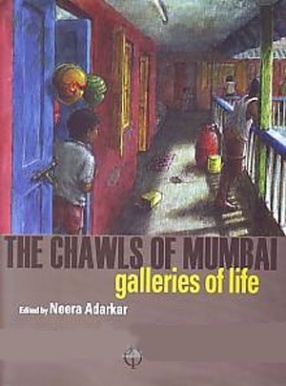
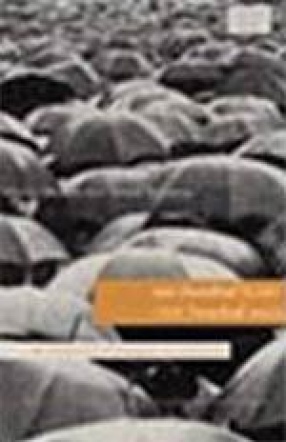
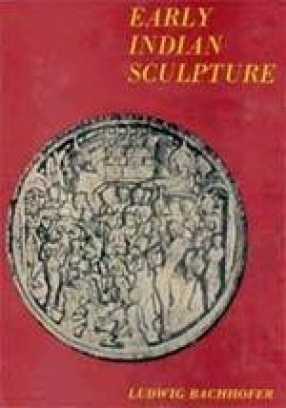
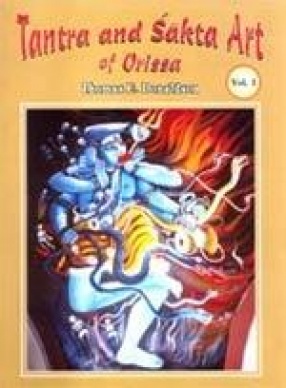
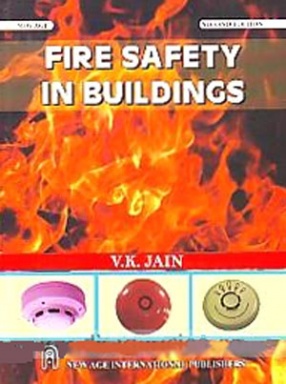
There are no reviews yet.